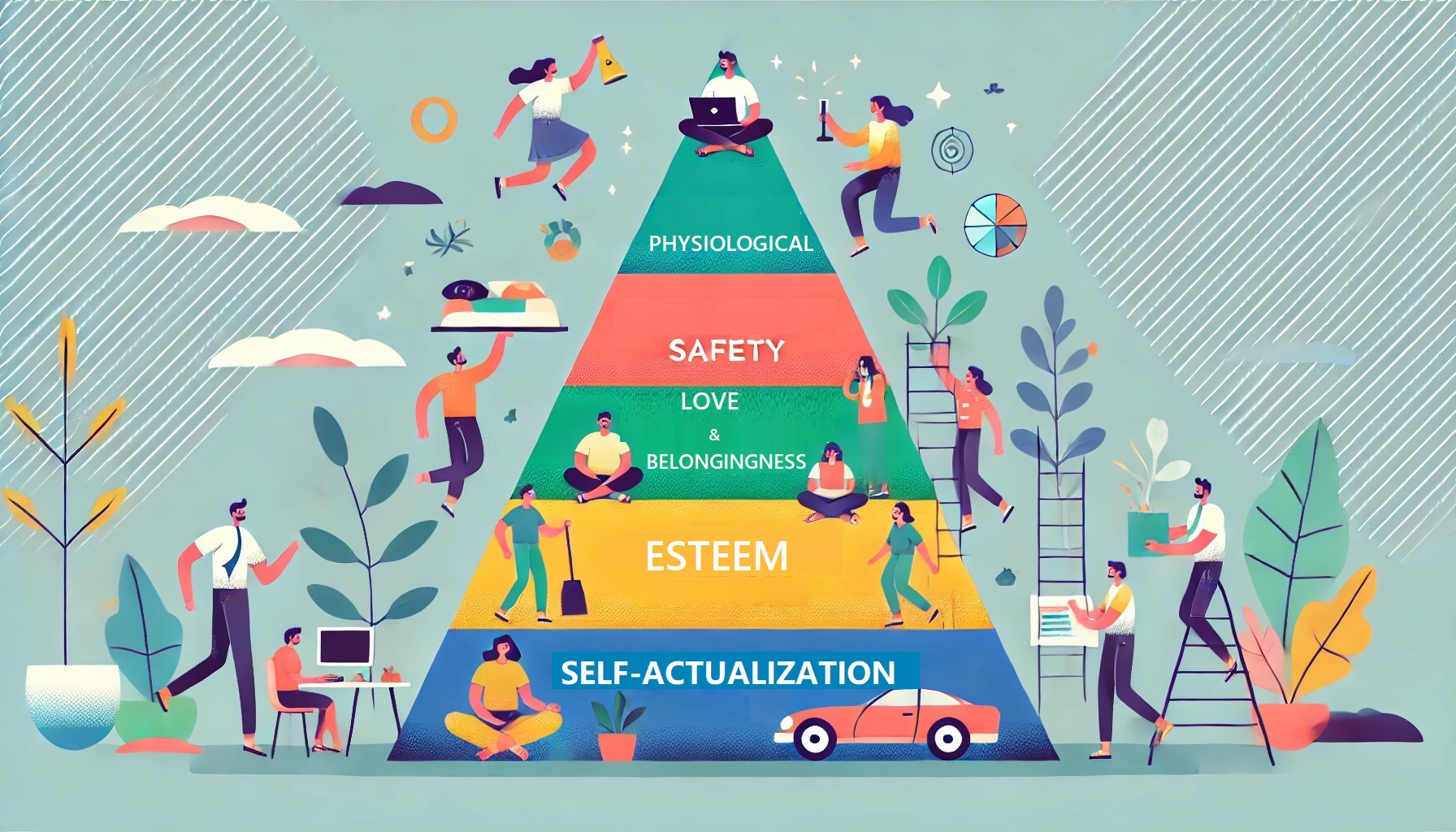Check out this answer from Consensus:
Maslow’s hierarchy of needs provides a comprehensive framework for understanding and addressing the diverse needs of patients. Its application in healthcare settings has been shown to improve treatment compliance, psychological well-being, and overall patient satisfaction. By addressing each level of need, healthcare providers can offer more holistic and effective care, ultimately leading to better patient outcomes.
Maslow’s hierarchy of needs is a psychological theory proposed by Abraham Maslow in 1943. It is often depicted as a pyramid with five levels of needs, ranging from basic physiological needs to self-actualization. This theory has been widely applied in various fields, including healthcare, to improve patient outcomes and satisfaction.
The Five Levels of Needs
1. Physiological Needs
The base of the pyramid consists of physiological needs, which are essential for survival. These include food, water, warmth, and rest. In healthcare settings, addressing these needs is crucial for patient recovery and well-being. For instance, in the nursing care of amputated patients, ensuring that basic needs are met can significantly reduce anxiety and depression, thereby improving overall satisfaction and knowledge acquisition6.
2. Safety Needs
Once physiological needs are met, the focus shifts to safety needs. These include personal security, employment, resources, and health. In the context of patients with coronary heart disease undergoing interventional surgery, a nursing intervention based on Maslow’s hierarchy of needs can effectively alleviate negative emotions and enhance self-efficacy and intervention compliance5.
3. Love and Belongingness Needs
The third level involves social needs such as friendship, intimacy, and family. Meeting these needs can improve mental health and social functioning. For example, in the rehabilitation of first-episode schizophrenia patients, using Maslow’s hierarchy of needs to guide clinical nursing can enhance treatment compliance and self-care ability, thereby promoting recovery of social function2.
4. Esteem Needs
Esteem needs include self-esteem, respect, and recognition. Addressing these needs can lead to improved self-management and health beliefs. In rectal cancer patients with colostomy, nursing interventions based on Maslow’s hierarchy of needs have been shown to improve health beliefs and self-management behaviors1.
5. Self-Actualization Needs
The pinnacle of the pyramid is self-actualization, which involves realizing one’s full potential and seeking personal growth. While this level is less frequently addressed in clinical settings, it remains an important aspect of holistic care. For instance, in elderly stroke patients, nursing interventions based on Maslow’s hierarchy of needs can improve self-efficacy and neurological function, contributing to overall well-being7.
Applications in Healthcare
Improving Treatment Compliance
Maslow’s hierarchy of needs has been effectively used to improve treatment compliance in various patient populations. For example, in patients undergoing digestive endoscopy, applying this theory in nursing interventions significantly improved treatment compliance and reduced adverse reactions3.
Enhancing Psychological Well-being
Addressing the psychological needs of patients is another critical application. In patients with psychosis, interventions based on Maslow’s hierarchy of needs have been shown to improve psychological symptoms and treatment compliance4. Similarly, in lung cancer patients, this approach has been effective in improving sleep quality and reducing depression8.
Reducing Anxiety
Maslow’s hierarchy of needs can also be used to alleviate anxiety in perioperative settings. For instance, in cataract surgery patients, applying this theory in nursing care significantly reduced anxiety and improved patient satisfaction9.
